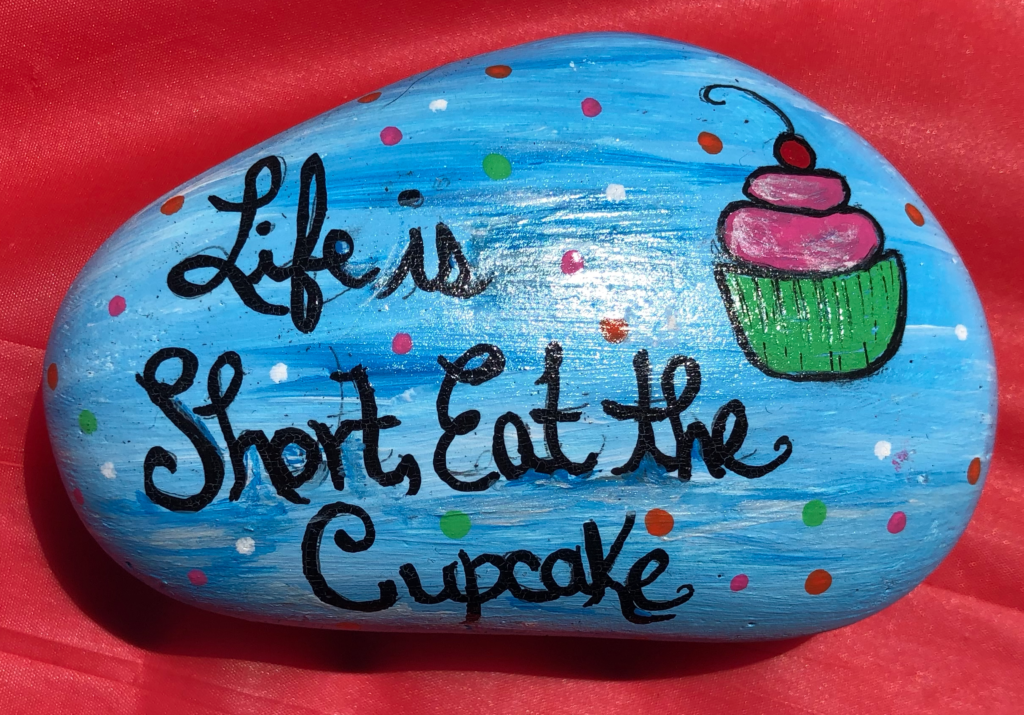
Our world is full of rule makers, most of them unofficial. Some people are obsessed with making sure everyone obeys the rules so that there is order and things proceed as they should. Unfortunately often they think that their standards are the rules—everybody should behave like them. And often they have a pretty strict interpretation of any rule.
They forget one of the key lessons of sports. If you have no rules or rule enforcers you have chaos. But if you have whistles blowing and flags thrown at the slightest infringement of a rule, you have referees running the game, and at the same time ruining it for all the players. There is such a thing as wiggle room. And it differs from sport to sport. Most sports do not permit fistfights, but in hockey as long as the combatants throw down their gloves and stick the refs will back away and let them go at it for a bit.
People tend to approach a list of rules with either of two different approaches. Some believe that if some action is not specifically mentioned in the rules, then it should be prohibited. Others, such as I, believe that unless something is specifically prohibited in the rules that it is okay and allowed.
Let me illustrate. One day I was playing softball with a group of singles years ago. I spent three years in Little League Baseball fearful of being hit by baseballs either at the plate or in the outfield. I think my poor eyesight played a part in it, but needless to say, even though I was on championship teams I didn’t enjoy it. Playing softball there was less to worry about and I had fun. I got to first base once and decided I would try to steal second base—something I had never had the guts to try in Little League. I succeeded and felt great. Unfortunately, others objected, saying that since this was a casual game it wasn’t allowed. I countered that since nobody had specifically said we couldn’t that I was free the do it. I maintained my place on the base, but there was general agreement that stealing would henceforth not be allowed in the game.
This past year I served as district chief judge for our Toastmaster season of speech contests. Along with recruiting judges, timers, ballot counters, etc. I also was called upon to interpret the contest rules and make decisions on how we would handle different contest scenarios. There were plenty of things that were spelled out clearly, but there were gray areas—especially since we were holding contests online instead of in person. My bent was that if an activity wasn’t specifically prohibited by the rules—say the use of a PowerPoint presentation—then it was allowed.
The problem with those who want to make rules for all of us isn’t just that their set of rules might not be accepted by all. It’s that they are bound by fear of stepping outside those rules. We need to set ourselves free, not only from those rule-makers but from ourselves when we may hem ourselves in.
Relax, life is short, remember to live. And if you want, eat the cupcake.


Leave a Reply